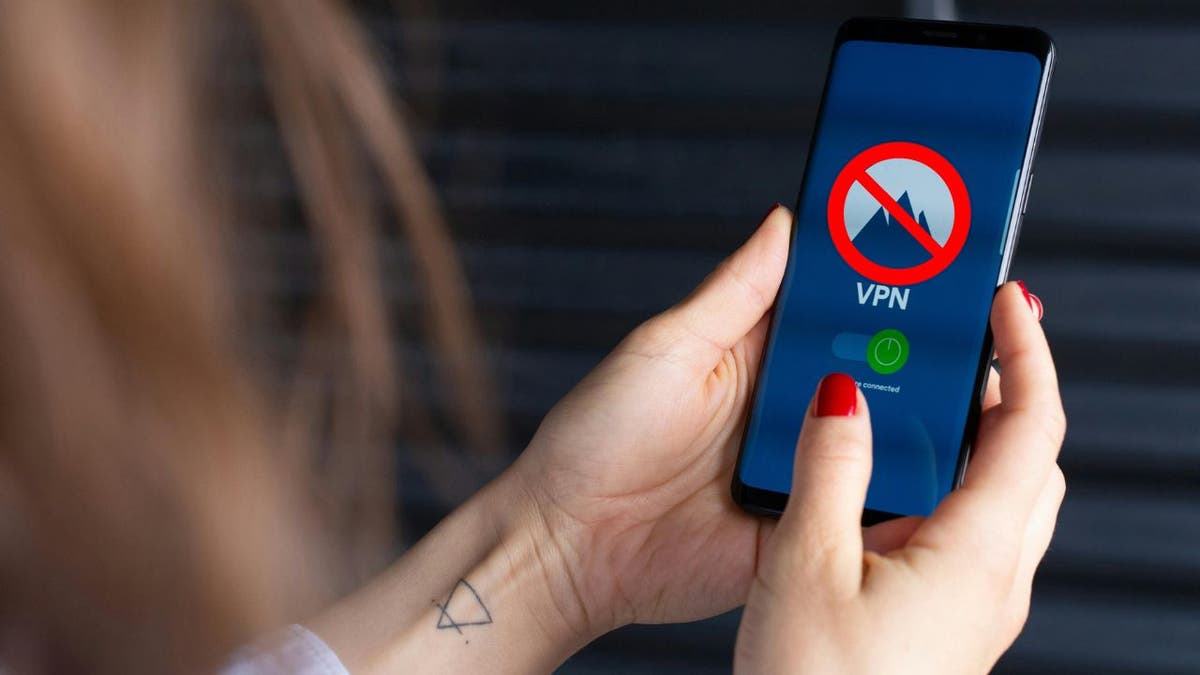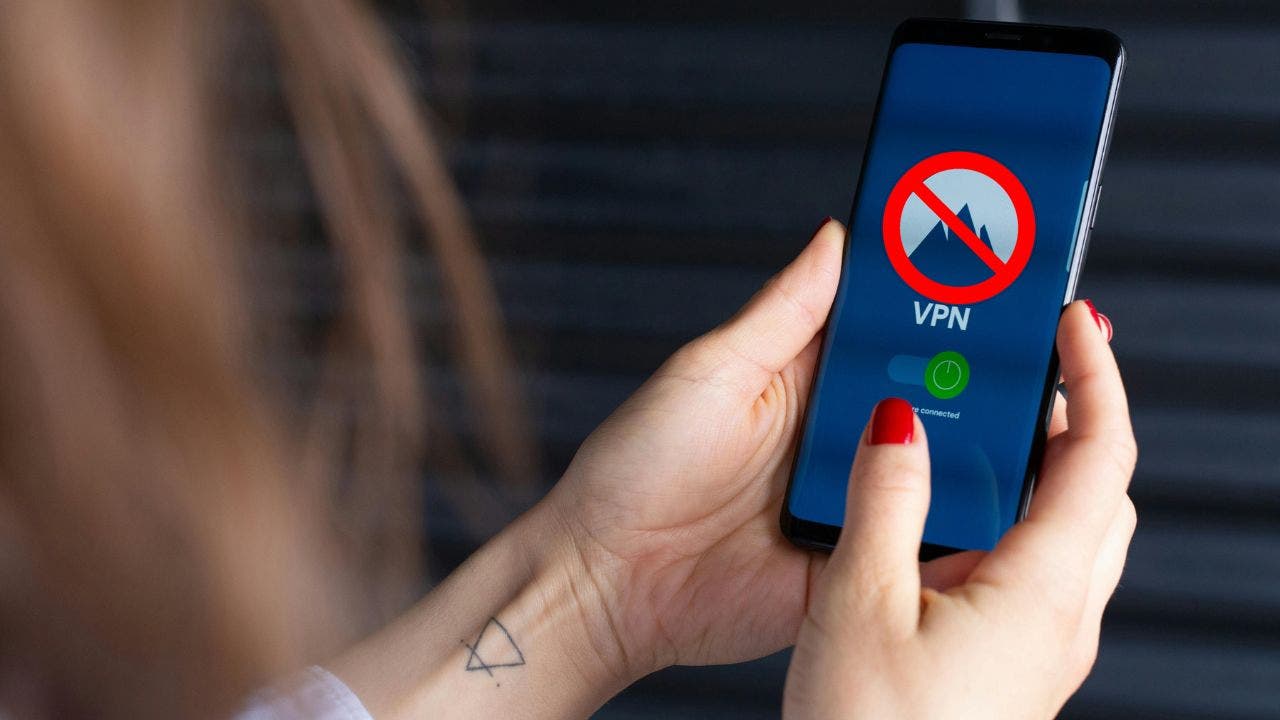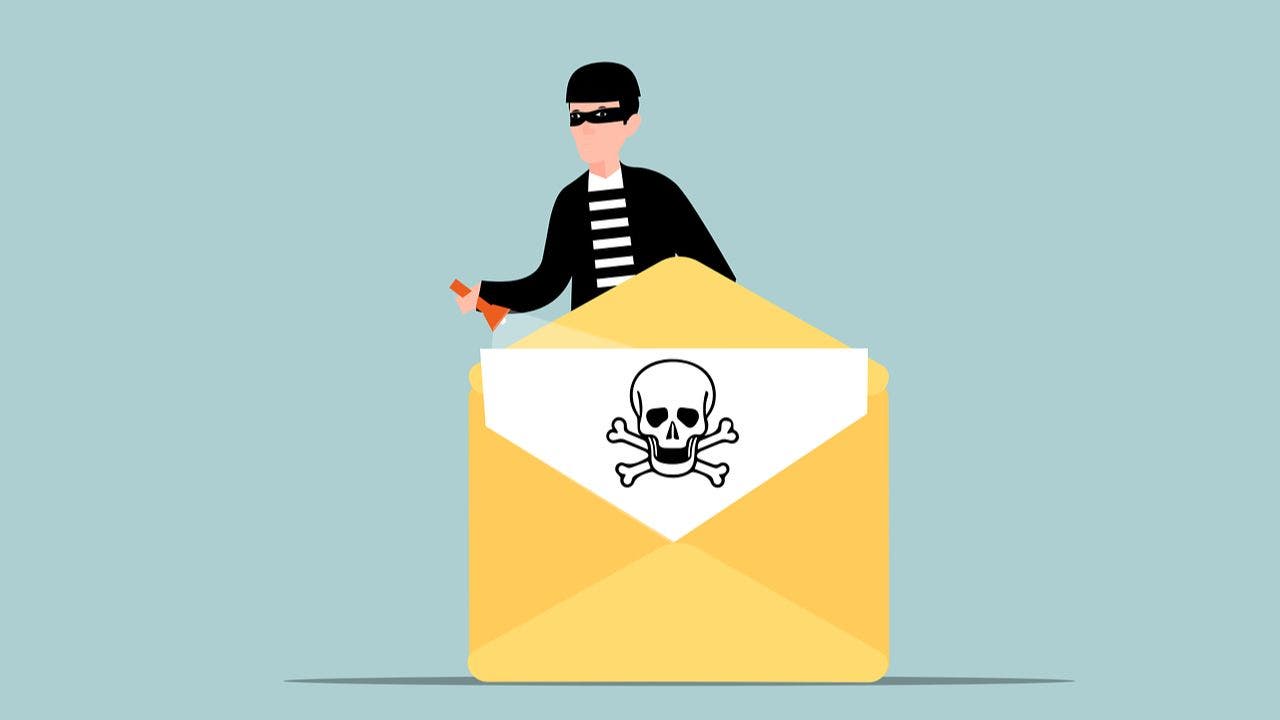In today’s digital age, the significance of virtual private networks (VPNs) cannot be overstated. These powerful tools are essential for safeguarding your online activities and maintaining privacy against ever-evolving cyberthreats. Despite widespread recognition of their benefits, many users, like Beth, who recently contacted us, encounter challenges in effectively leveraging VPNs.
“Hi. I recently had some jerk hack my Amazon account and cause all sorts of problems and I believe they also hacked my Etsy account. … Anyway, I wanted to start using a VPN since 99% of my time both for work and at home is spent online and the same for my son and my husband. However, we noticed that a HUGE number of sites want to block people who are using VPNs. Do you have a suggestion for a VPN that is less likely to be blocked or noticed or however that works?” — Beth, Verbena, Alabama
Hey Beth, I’m sorry to hear that you had to go through such an ordeal. It’s understandable that you want to protect your online privacy and security by using a VPN. However, it’s true that some websites block VPN connections to prevent fraudulent activities and protect their own security. Below are the reasons why VPN connections are blocked and how to circumvent that.
CLICK TO GET KURT’S FREE NEWSLETTER, THE CYBERGUY REPORT

A woman working on her laptop and holding her phone (Kurt “CyberGuy” Knutsson)
Tips for choosing a reliable VPN
Use a reputable VPN provider
Major paid VPN services invest significant resources into evading VPN blocking by websites and services. Their server networks are large and constantly rotating IP addresses, making it harder to blacklist.
Avoid free VPNs
Free VPN services tend to have smaller server networks and get their IP address ranges blacklisted more easily by anti-VPN measures. Paid providers are generally better at bypassing blocks.
Enable VPN obfuscation
Many VPNs offer an obfuscation or camouflage mode that disguises VPN traffic as regular internet traffic, helping evade deep packet inspection used to identify VPNs.
Use a browser plugin
Some VPN providers offer browser extensions that can sometimes bypass VPN blocks when the desktop app fails. The extensions route only the browser traffic through the VPN.
No VPN is 100% unblockable, but following these tips can help find a service that minimizes the chances of being blocked when trying to access restricted websites and services.

VPN on a woman’s smartphone (Kurt “CyberGuy” Knutsson)
MORE: HOW TO USE VPNs WITHOUT COMPROMISING YOUR BANKING APPS
Reasons why VPN connections are blocked
Regarding your online privacy, it’s true that companies like Google have been caught taking information they were not given permission to access. However, it’s important to note that websites have the right to block VPN connections if they suspect fraudulent activities. This is because VPNs can be used to mask the identity of the user and bypass geographical restrictions, which can be used for illegal activities. Below are the top four reasons VPN connections are blocked.
1) Transparency: Financial institutions, in particular, often block VPNs because they want to preserve the transparency of transactions. In short, these institutions have a vested interest in seeing where and who the funds are coming and going. PayPal actually will go as far as to ban VPN users for life as it violates their Terms of Service agreements.
2) Limiting services: Streaming services do not want users to use VPN because it bypasses specific region-based restrictions. Certain content is only available to specific regions of the world, and VPN would mask the user’s location. Streaming services actively block VPN IP addresses, and if it is discovered you managed to bypass their IP blacklists with a regular VPN or VPN obfuscation, you can come under “fire” from the streaming services.
3) Preventing illegal activities: Some governments and companies utilize VPN blocking to ensure that they are protected against misuse, fraud, and other illegal activities.
4) Control: Some governments and companies use VPN blocking to monitor and trace back activities by individuals online. For instance, some companies ban VPN use, limiting nonwork access online, etc.
ASK ANY TECH QUESTION AND GET KURT’S FREE CYBERGUY REPORT NEWSLETTER HERE

A woman on her computer (Kurt “CyberGuy” Knutsson)
MORE: HOW TO SECURE YOUR HOT SPOT PRIVACY, SECURITY WITH VPN
Changing the VPN server location
One effective way to bypass VPN blocking is to connect to a different VPN server location or city. Many websites and services that attempt to block VPNs do so by blacklisting known VPN IP address ranges. By switching to a VPN server in a different city or country, you can obtain a new IP address that may not be blocked.
Most reputable VPN providers have a large global server network spanning hundreds or thousands of servers across dozens of countries. This gives you many options to try different server locations until you find one that is not blocked by the website or service you’re trying to access.
The steps are usually:
- Disconnect from your current VPN server
- In your VPN app, browse the server list and select a new city or country
- Connect to the new VPN server location
By changing your virtual location frequently, you make it much harder for anti-VPN measures to keep up with blacklisting all the IP addresses associated with a particular VPN service.
How to choose a VPN that keeps you connected
Consider using a VPN to protect against being tracked and to identify your potential location on websites that you visit. Many sites can read your IP address and, depending on their privacy settings, may display the city from which you are corresponding. A VPN will disguise your IP address to show an alternate location. See my expert review of the best VPNs for browsing the web privately on your Windows, Mac, Android & iOS devices.
MORE: WILL A VPN PREVENT APPS FROM TRACKING ME?
Kurt’s key takeaways
Given the tremendous amounts of personal data gleaned through daily online use, it is understandable why you might want to utilize a VPN service. Unfortunately, some companies and government agencies block VPN users, which is completely legal. While it is not foolproof and can slow down your connection speed, VPN obfuscation might help you continue to use VPN without getting blocked.
Do you think the benefits of using a VPN outweigh the inconvenience of potentially being blocked by some websites? Why or why not? Let us know by writing us at Cyberguy.com/Contact.
For more of my tech tips and security alerts, subscribe to my free CyberGuy Report Newsletter by heading to Cyberguy.com/Newsletter.
Ask Kurt a question or let us know what stories you’d like us to cover.
Follow Kurt on Facebook, YouTube and Instagram.
Answers to the most asked CyberGuy questions:
Copyright 2024 CyberGuy.com. All rights reserved.






